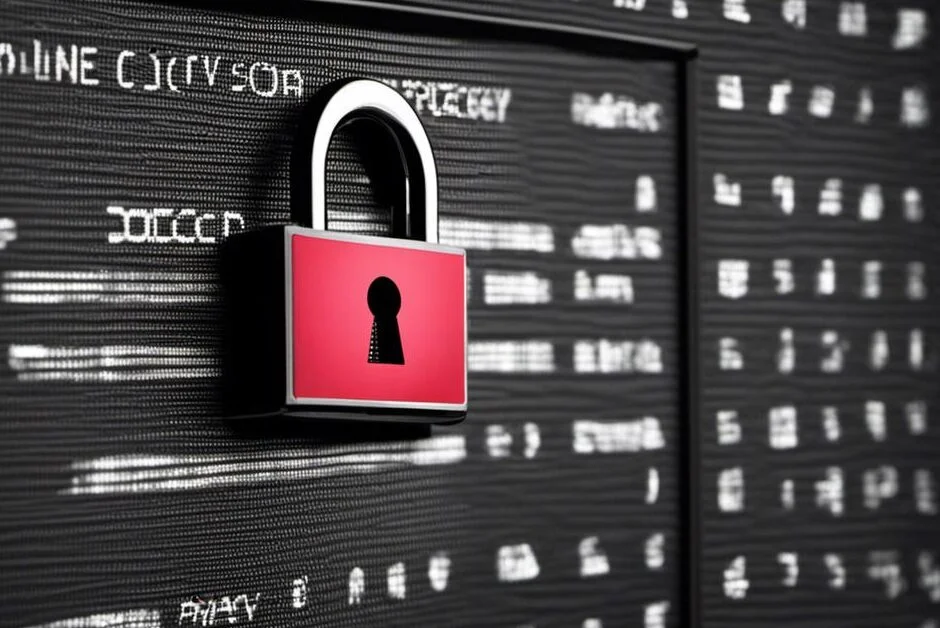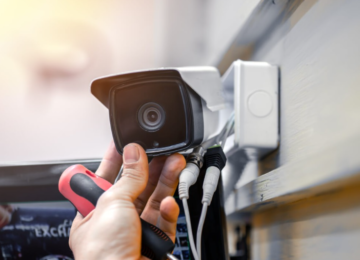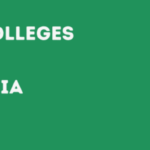Every social media post, every email, every cloud document, website login, and online transaction is another breadcrumb revealing pieces of information about our lives. While data privacy concerns are mounting, securing your digital footprint is often easier said than done. Between data breaches, government surveillance programs, cybercriminals, and tech giants tracking and monetizing user data – maintaining true digital privacy is a constant challenge. However, there are some simple yet powerful steps everyone takes to secure their most sensitive information and regain control over their digital footprint.
At the core of privacy, best practices should be the habit of keeping an encrypted private notebook for all your sensitive notes, brainstorms, drafts, credentials, and anything else you want to remain completely confidential. A secure digital notepad of this nature functions as a vault to protect your ideas, plans, and personal information from prying eyes. Many people underestimate the dangers of keeping insecure digital notes on devices, in the cloud or scattered across services like Evernote, Google Docs, or email. Almost anything you write exposes details about yourself, your professional life, your finances, your relationships, and more.
Cloud services were breached in the past, leaking user data and login credentials. Public WiFi networks allow hackers to conduct man-in-the-middle attacks and snoop on network traffic. Malware and viruses gain access to your device and everything on it. Even the online services themselves transparently handle user data behind the scenes. From unencrypted cloud storage to mundane insecure productivity apps to the built-in note-taking tools on phones and computers – any place you keep unprotected notes is a liability and potential opening for your private information to be compromised. Examples of a safenote? Truly securing your digital footprint requires locking down your notes, journaling, drafts, brainstorms, and other digital artifacts with robust encryption.
Case for encrypted private notes
The solution is to adopt a practice of exclusively using an encrypted private notebook or note-taking application for any sensitive notes, personal or professional. It would be your single secure place to jot down anything you want to keep truly private – rough ideas, random thoughts, financial details, login credentials, drafts, and works in progress. key attributes an encrypted notebook solution should have:
- Client-side encryption – This means the encryption happens on your device before the data even gets uploaded, transmitted, or stored anywhere. It prevents third parties, government agencies, and even the software provider from accessing your unencrypted notes.
- Local storage option – The ability to fully store notes locally on your devices without any cloud sync. You can still optionally utilize cloud backups or sync if desired, but the hosting and encryption keys should be under your full control.
- Zero-knowledge – Zero-knowledge encryption ensures only you have the password, encryption keys, and means to decrypt your notes. No backdoors allowing third-party access.
- Open source and audited – Open source code that security professionals can audit provides transparency and accountability that the encryption is being implemented properly.
- Secure credential management – The ability to randomly generate and store strong passwords, encryption keys, and other credentials locally and securely.
- Cross-platform – Synchronized private note availability on all your devices – desktop, laptop, phone, and tablet.
Using a private notebook that ticks all these boxes, you can essentially create a portable encrypted vault to hold any information you want to shield from the world. It provides a shielded space to freely capture plans, ideas, and personal details with full privacy and zero risk of exposure.











